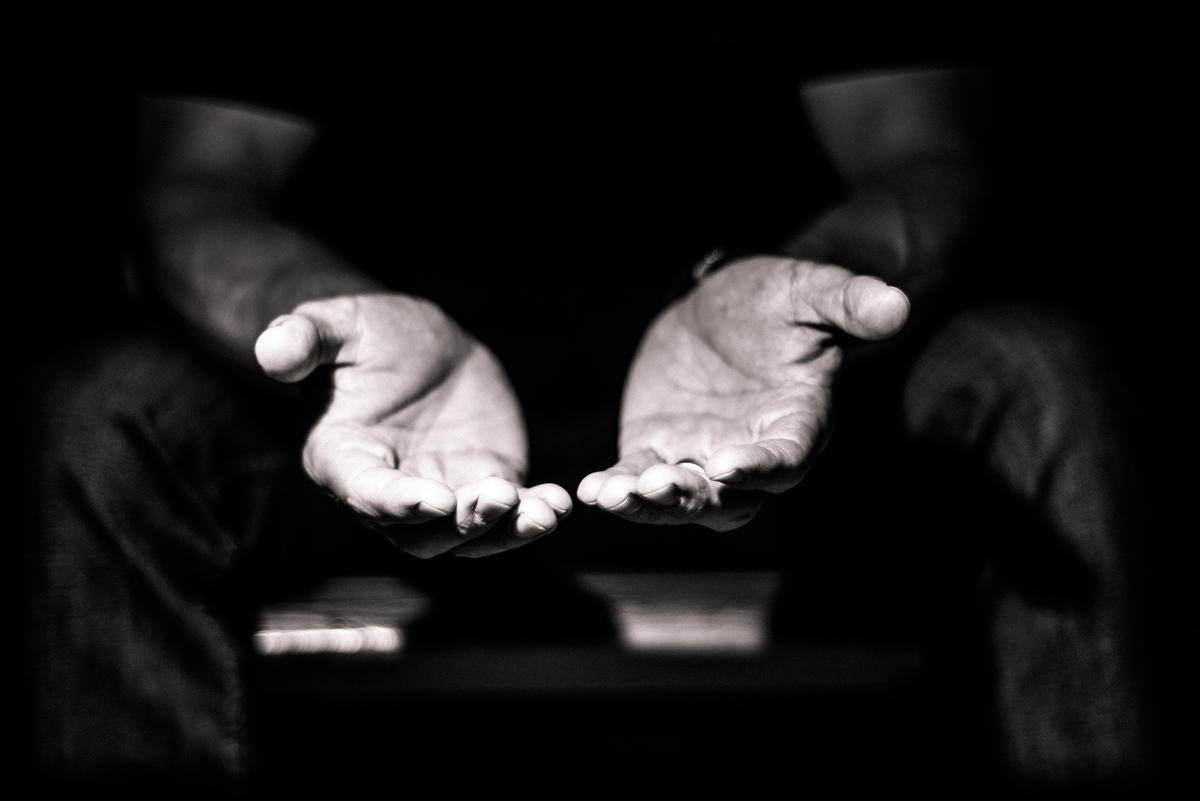Every culture has a language. I am not only referring to the languages people speak and write within an ethnic or geographical culture but also to the languages of subcultures. I have been reminded in recent months of the reality of culture and language through working out at a gym and joining a Pilates club (both recommended by my physical therapist who has helped me overcome a herniated disc in my back).
Pilates has a whole set of terms: magic circle, neutral spine, small box, long box, happy baby pose, tabletop, etc. So does the gym: progressive overload, compound movements, hinge, burnout, WOD, reps, and swoll (though that has not been used to describe me). When I was in publishing, there was a whole vocabulary I had never used anywhere else (pub board, frontlist, backlist, galleys, advanced readers, etc.), as I am sure there is in every discipline.
Sometimes people have warned church leaders about using “Christian-ese” because doing so can intimidate and isolate someone new to the faith. But that has not been my experience in gym or Pilates classes. The language of those subcultures has inspired me more than intimidated me and included me more than isolated me.
I should define “Christian-ese.” I am not referring to insider words and acronyms a church can use such as announcements like “The RAs are meeting in the Zone Wednesday because Afterglow will be baking cookies with MOPs leaders for the 5th quarter Friday night.” I agree those are not helpful. I am also not referring to common sayings that are not taught in the Scripture such as “ask Jesus into your heart” or “God will not give you more than you can handle.” For this discussion, I am referring to Christian-ese as the biblical language of the Christian. Words like justification, sanctification, redemption, sin, restoration, salvation, and holiness—words that describe the beauty and depth of our faith.
Three reminders about Christian-ese as I have recently been exposed to new cultures and new language:
Don’t apologize for the language.
The trainers and instructors at the gym and Pilates are not apologizing for the words that are unique to their cultures. They know the language helps them communicate their values and makes them distinct. The instructors never say with a sense of embarrassment, “I know this is a Pilates-ish word but bear with me.” How much more should we be proud of the biblical words that capture the depth of our faith and the beauty of our redemption?
Explain the most important.
Hinge is a really important word in the gym when doing squats or deadlifts as hinging properly keeps one from injury. Justification is a really important word, capturing God crediting our sin to Jesus and His righteousness to us so that we now stand right before God. When the word is used, we should explain the beauty of it. Even though I understand “hinge,” the re-explaining reminds me how important it is. The consistent re-articulation of the most important words helps people understand their weight and priority.
And respect people’s intellect and ability to catch on.
While the instructors explain some words and rearticulate the most important, they simultaneously don’t treat me like I am an idiot. They know I can use context clues, observe, and catch on. They don’t rinse their culture of the words that help make their culture. All of that inspires me to want to learn the words and for them to become second nature for me. We honor people in our churches when we believe they can catch on to the language of the people of God.
We must speak Christian-ese, the language that reminds us of our unique and distinct identity and helps others understand the depth of the Christian faith. We must speak Christian-ese, the biblical language of our faith that has been delivered once and for all to God’s people. We dishonor people when we treat them as if they can’t handle the biblical words, and we dishonor God when we speak the words He has given us hesitantly.






